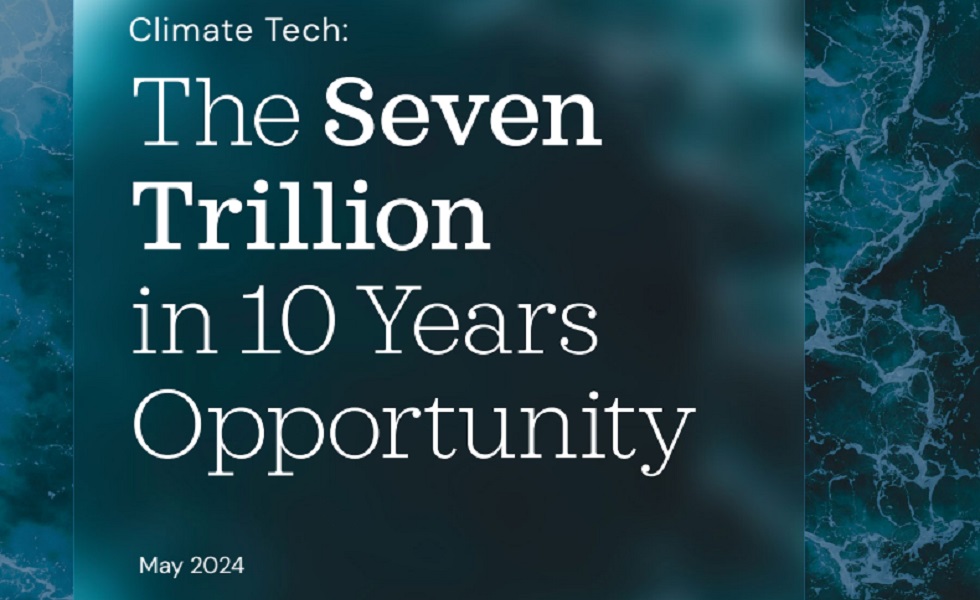Carbon Equity: The Seven Trillion in 10 Years Opportunity

The world has agreed to combat climate change. Governments are increasingly implementing the required policies and dedicating unprecedented resources to successfully complete this enormous task, exemplified by the latest COP28 UN Climate Change Conference. This global effort has led to USD 5 trillion in yearly revenues for climate tech in 2020, which is expected to grow to USD 12 trillion in revenue by 2030.
.
The robust growth in climate tech can be attributed to several fundamental long-term drivers:
- Declining cost curves driving climate tech cost competitiveness: Mature climate technologies such as solar power, batteries and heat pumps are proving that costs decrease as technologies scale. The cost of solar power declined by 89% over the last decade and is now cheaper than fossil fuel power in most parts of the world. The majority of climate technologies exhibit the potential to do the same.
- Geopolitical competition driven by energy security: Increased focus on energy and technology independence have motivated governments to develop strong policies supporting local renewable power generation and accelerated electrification. Policies like the USA’s Inflation Reduction Act (IRA) are creating a strong financial incentive for domestic production of climate technologies, accelerating their deployment.
- Clear corporate demand signals: Corporations have been investing heavily in climate technologies. Some climate technologies create direct operational cost reductions or energy resiliency. Corporations are also increasingly motivated to future-proof themselves by developing green products and capturing the benefits of favorable supply/demand balance over the next decades that will result in attractive price premiums on products such as green steel.
- Institutional investors’ commitments to net zero: 675+ institutional investors, together representing over USD 80 trillion in assets under management, have committed to net zero. Institutional investors are reducing exposure to high carbon industries, with 56% of institutional investors planning to increase their transition allocations in the next 1-3 years.
- Individuals choosing sustainability in their jobs and consumer behaviors: 71% of workers consider a company's environmental practices before applying for jobs. 90% of millennials are willing to pay a 10% green premium.
Please click on the link below to read the full report.
